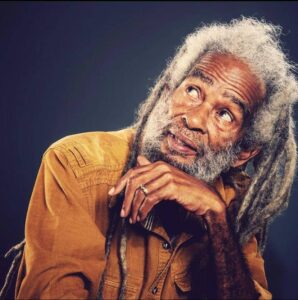Let the people decide on final court of appeal
Dear Editor,
Your Jamaica Observer edition of Saturday, June 23 carried a piece entitled, “Gov’t says no to referendum on CCJ”, regarding the idea of Jamaicans deciding directly on whether the Caribbean Court of Justice (CCJ) should be Jamaica’s final court of appeal in place of the British Privy Council. It quoted Minister of Foreign Affairs and Foreign Trade Senator AJ Nicholson, as follows:
“Why would Opposition legislators not be willing to perform their duty, instead of wishing to leave the performance of that duty to the citizens who put them in the Parliament to carry out their obligations?” Senator Nicholson said in a statement.
Mr Nicholson was further referred to as having stated that for almost 80 years, none of the 39 former colonies of Britain had a referendum to leave the Judicial Committee of the Privy Council and to have their own final Court of Appeal. He was quoted as saying that a referendum, in essence, was a general election “with a political campaign being the axis on which it spins”.
The first problem with such an argument is the assumption that because everyone around you is doing something, or in this case not doing a particular act, that that makes it correct. There was a time when the entire world, for example, believed that the earth was flat and not round. The fact that everyone was thinking along that line did not make it right, did not make it a fact, or the correct thought process. Maintaining former actions or traditions, in effecting a process to an end, does not always mean that those paths are necessarily the best, most efficient, even justified routes to realising an end. In addition, in light of the unfortunate reality that Jamaica is overrun, even inundated with corruption, Mr Nicholson cannot dismiss the reserved concerns of the many, or the argument that the people – the masses – should have a direct say by means of a referendum, to decide on whether or not they have any faith in a Final Court of Appeal located in a hemisphere which is known to be flooded with corruption.
Mr Nicholson, put it to the citizens to decide. They are the ones, especially the poorest of the poor, who will be the most likely to be affected by this change.
Joshua Spencer
Toronto, Canada
joshuaspencer123@bell.net














